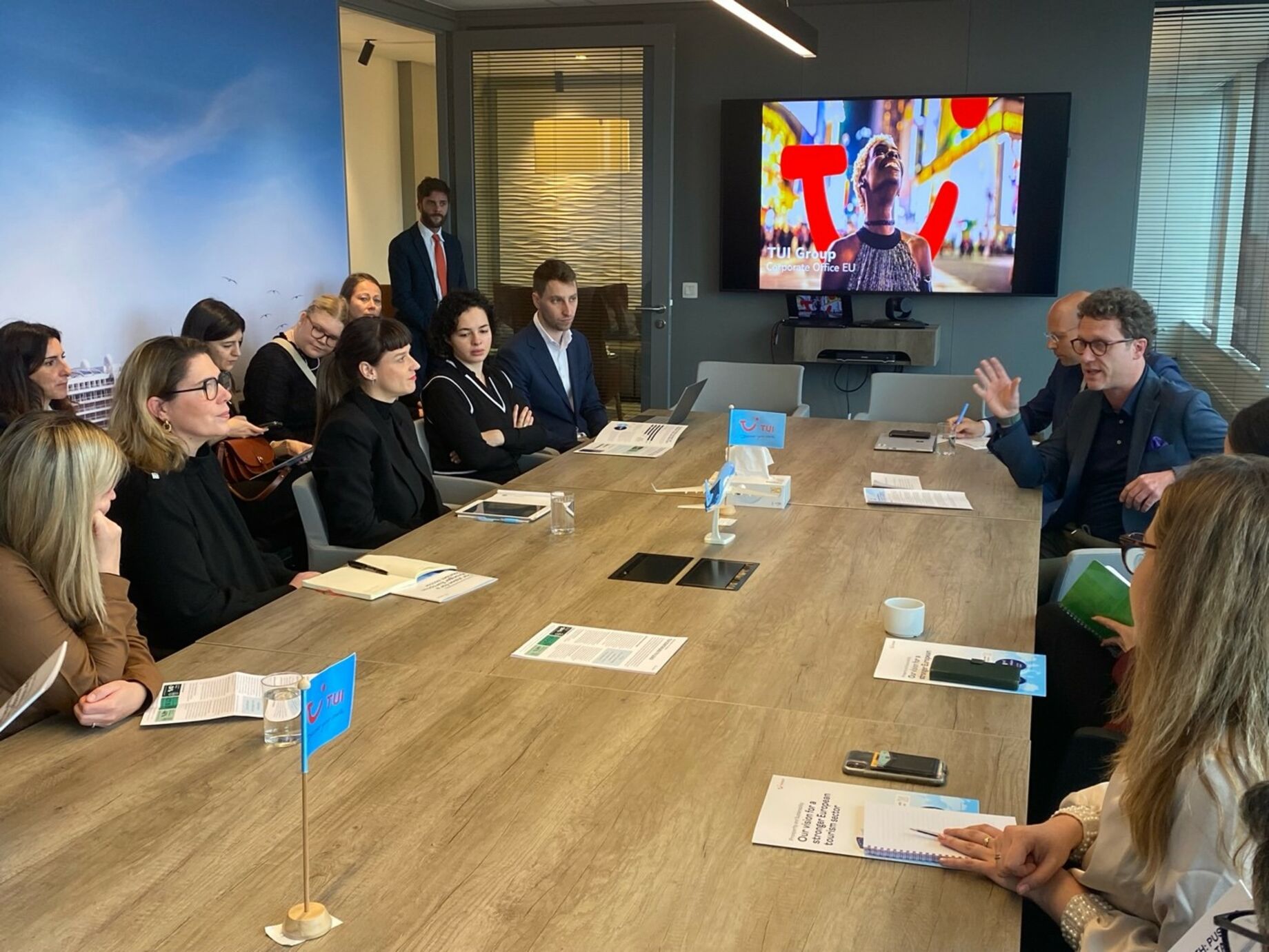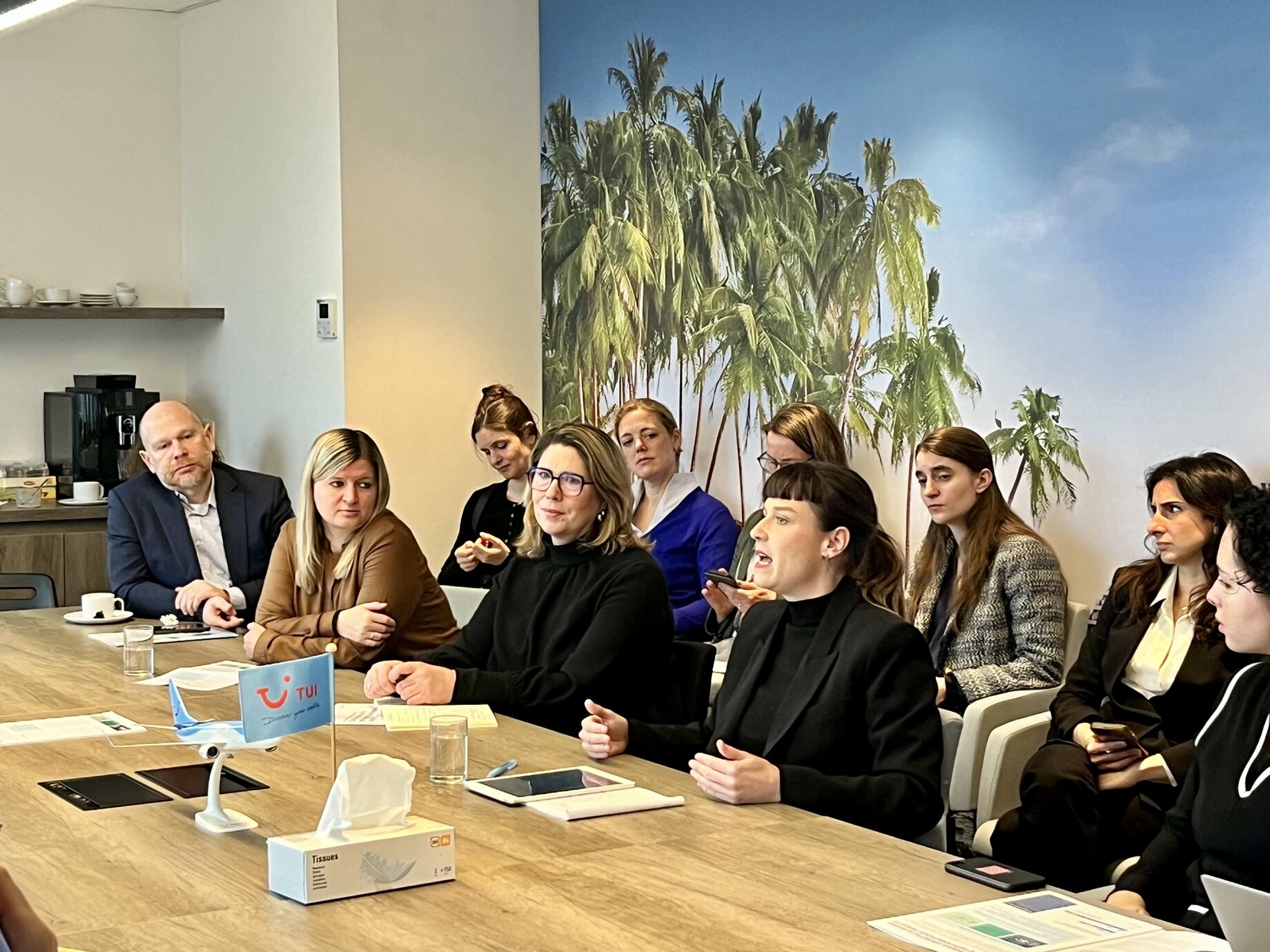Travelling forward: An outlook on the European elections and the new EU mandate
The 2024 European elections are just around the corner. What are current voting tendencies among the people in Europe and how does the further rise of parties outside the centrist groups impact EU policymaking? TUI Group organised a Policy Breakfast about these important topics on 16 April 2024 in Brussels.
Besides debating the elections and current trends shaping European politics, the event also focused on what can be expected for the new EU mandate. TUI Group’s Ralf Pastleitner, Director for International Public Policy and EU Affairs hosted the breakfast and was joined by guest speakers Sophia Russack, Researcher in the Institutions unit at CEPS, and Nicolas Le Polain de Waroux, Head of Unit Concept and Design at DG Communication, European Parliament.




 Austria
Austria










